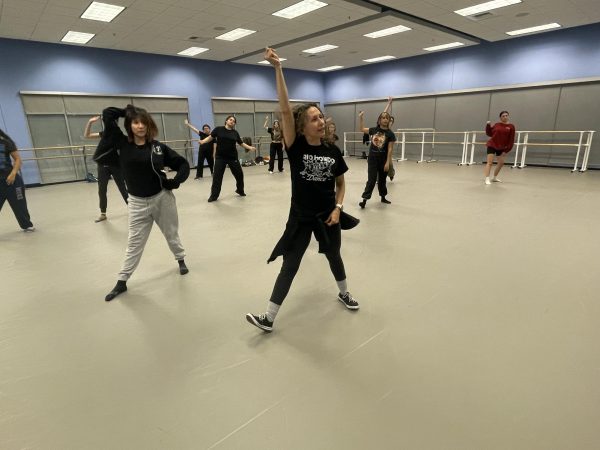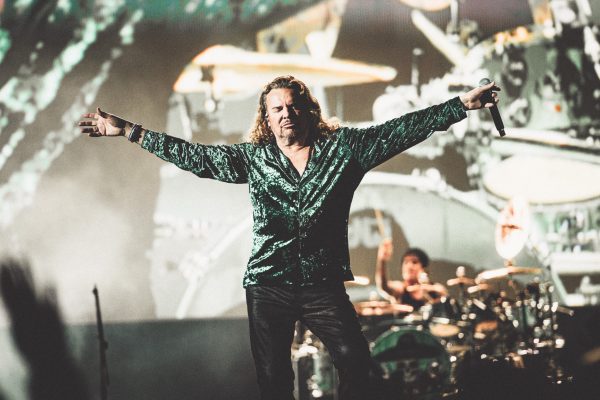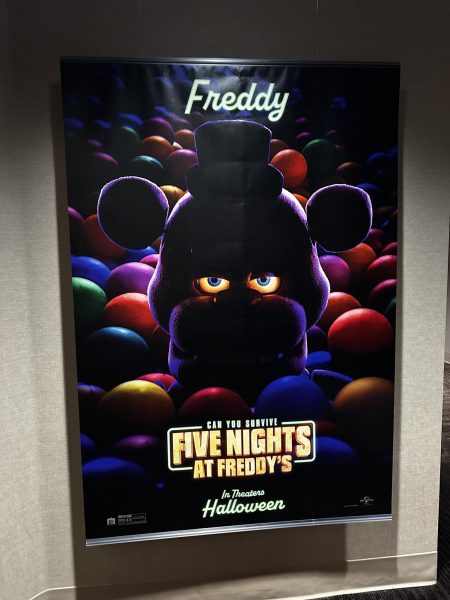‘Captain America: Civil War’ breaks ground in concept and execution
Following the devastating events of “Avengers: Age of Ultron” the third, and possibly final installment of the ultimate American trilogy, “Captain America: Civil War” opens with the Marvel Cinematic Universe in an odd place. Heroes are operating without proper regulate so when an international incident occurs where the new Avengers are once again indirectly responsible for collateral damage, Tony Stark comes to deliver the Sokovia Accords. The Accords have been registered after casualties in the Battle of New York, the revelation that Hydra was hiding within SHIELD, and Ultron’s country-turned-meteor.
Needless to say there are valid points to Stark’s proposition, but there’s a level of selfishness in his approach. Every villain in every “Iron Man” film is directly attributed to his methodology and constant need to fix situations that may not even need fixing. It’s no accident “Iron Man 3” and “Age of Ultron” refer directly into calling their titular heroes as monsters and demons. Stark wants to save his friends from feeling the same guilt he does, whether they like it or not.
On the other side of the Accords is Captain Steve Rogers and his current trust in organizations put in place to safeguard people is at an all-time low. SHIELD, an organization that helped assemble the Avengers and gave him a new reason to fight, broke the faith he had in institutions. But what breaks the Star Spangled Man with a Plan is his commitment to brainwashed best friend turned Hydra assassin Bucky Barnes. It’s a glaring blind spot to his otherwise boy scout antics.
Stark and Rogers operate on completely opposite sides of the superhero spectrum. This wasn’t an issue in the “Avengers” outings but “Civil War” makes it clear these two were on a collision course from the start.
So does “Captain America: Civil War” live up to the massive hype? Spectacularly.
We love and care about these characters just as much as they care about each other. Even when their movies are disappointing, the character drama is always solid.
“Civil War” is working overtime to operate as sequels to “Avengers” films and “The Winter Soldier”, but the focus is always on Steve Rogers and the man within the symbol of Captain America. “The First Avenger” works as an ideological starting point of the most traditional type of superhero and a reminder of simple good vs. evil storytelling. “The Winter Soldier” is the old school heroics contrasting against concurrent grey areas, letting the ideals of Steve Rogers shine brighter and rediscovering what he means in the modern world. “Civil War” is about what Captain America means as an Avenger.
And that’s where the massive crossover ends up working in the movie’s favor instead of a giant overstuffed mess. For the majority of its run-time the “Civil War” plays out in an ideological manner with Stark and Rogers committing to the same fight but from different approaches. When the war officially starts it doesn’t happen from a misunderstanding; it starts because these characters care and understand one another.
Captain America will always fight for what he believes in. Iron Man will never stop trying to fix humanity.
It’s the secret weapon of the Marvel Cinematic Universe: We love and care about these characters just as much as they care about each other. Even when their movies are disappointing, the character drama is always solid. And during “Civil War” there’s a turning point unseen in any of the MCU entries. The heroes are engulfed by their rage.
Chadwick Boseman’s Black Panther is a man also falling into the vacuum of anger but eventually embodies the heart of the film in the final act.
The once proud Avenger speaks “I can do this all day” but maybe they shouldn’t. What seems like a battle of ideals devolves into a battle of hot heads with a surprise MVP coming out on top of the struggle. His upcoming feature by “Creed” and “Fruitvale Station” director Ryan Coogler is one to look out for.
Aptly, directors Joe and Anthony Russo continue keeping the focus on Roger’s and Tony’s confrontations. The colorful confrontations and the rightfully praised airport fight are good fun but it’s the sown discord between superheroes that makes this a top tier blockbuster, and in a perfect world, a best picture contender.








